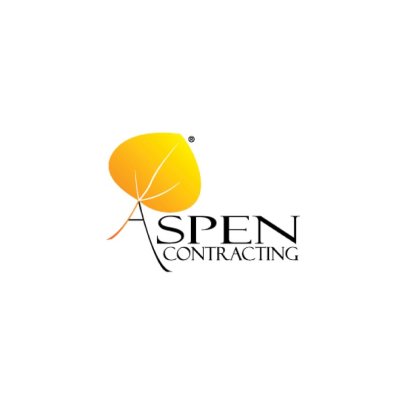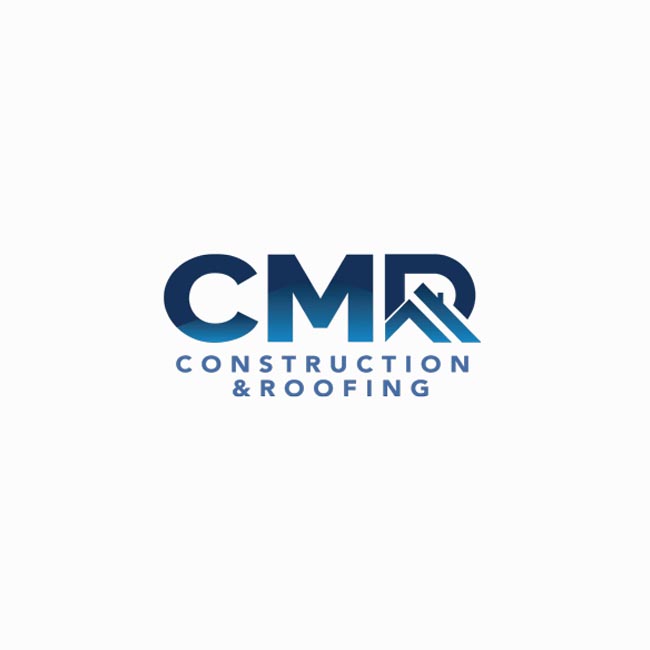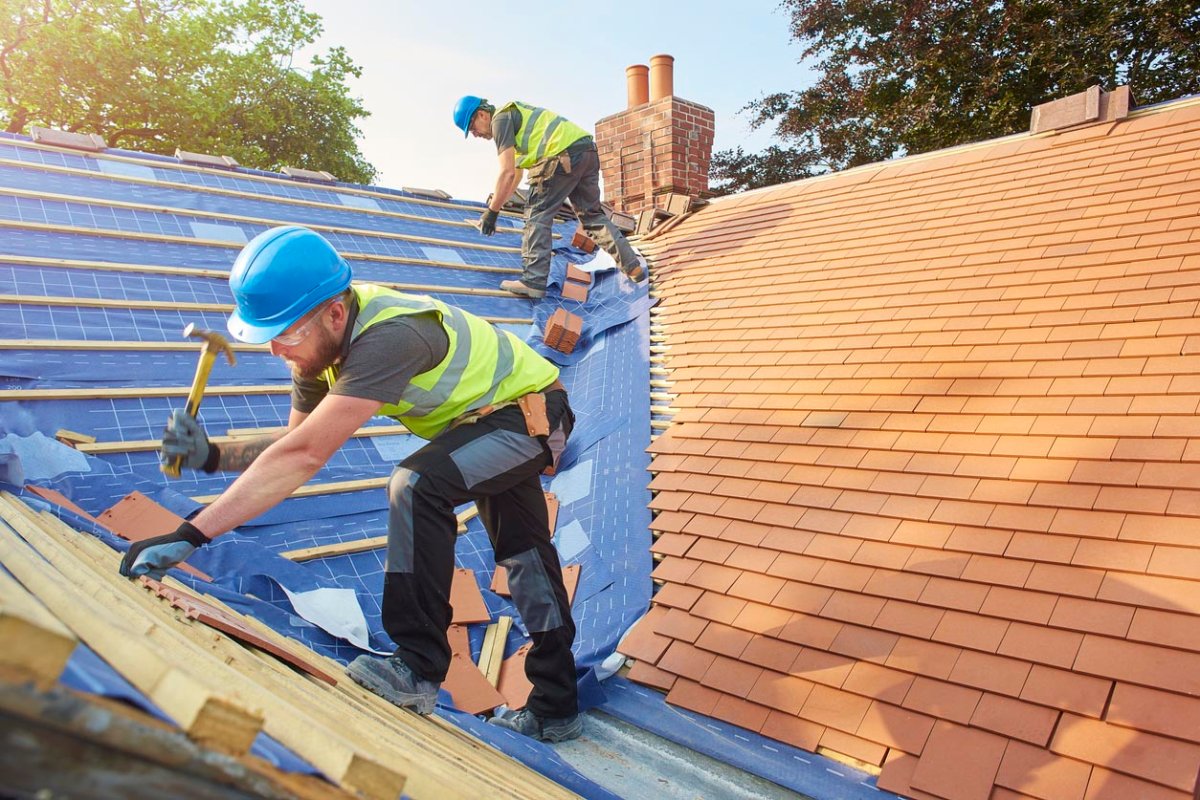
We may earn revenue from the products available on this page and participate in affiliate programs. Learn More ›
At some point, nearly every homeowner will have to deal with a roof repair or replacement, whether it gets damaged from a storm or the shingles are simply nearing the end of their 20- to 25-year lifespan. Finding the right company to take care of those roofing needs is crucial, and it’s important to vet contenders to ensure they’re worth the investment.
Special knowledge is required to install and repair a roof, so it’s important to thoroughly vet candidates when considering companies for roofing projects. Paying an inexperienced roofer or trying to DIY roof repairs can cost a homeowner majorly. Here are the top picks for the best roofing companies and some important considerations to keep in mind when hiring one.
- BEST OVERALL: Aspen Contracting
- RUNNER-UP: CMR Construction & Roofing
- BEST FOR REMODELING: Power Home Remodeling Group
- ALSO CONSIDER: Lowe’s
At-a-Glance Comparison
| Service Area | Booking | Availability | Additional Services | Warranty | |
| Aspen Contracting | 40 states | Online form or phone | Standard and emergency | Siding, gutters | Lifetime on material and labor |
| CMR Construction & Roofing | 32 states | Online form or phone | Standard and emergency | Siding, gutters, windows, historic restoration | Not specified |
| Power Home Remodeling Group | 19 states and Washington, D.C. | Online form or phone | Standard | Siding, gutters, windows, doors, solar, insulation | Lifetime on labor, varying on materials |
| Lowe’s | 50 states and Washington, D.C. | Online form or phone | Standard | Whole-home repair and remodeling | 2 years on labor |
Our Top Picks
The top picks for the best roofing companies on the market were determined by several factors that may directly impact the quality of service and the customer’s overall satisfaction with their roofing project. These considerations include the roofing companies’ service areas, warranties, and additional service offerings.
Best Overall
Aspen Contracting
Pros
- Lifetime warranty on materials and labor
- Dedicated representative manages roofing project from inspection to completion
- 24/7 emergency service available
- No money down required
Cons
- Website is somewhat user-unfriendly
Specs
- Service area: 40 states
- Booking: Online form or phone
- Availability: Standard and emergency
- Additional services: Siding, gutters
- Warranty: Lifetime on material and labor
Why It Made the Cut: Aspen Contracting is a worthy pick for roofing with 24/7 emergency services, dedicated project consultants, and a no-money-down policy. Plus, all completed work is backed by a lifetime warranty on labor and materials.
Aspen Contracting, which takes its name from the resilient aspen tree, is a stellar choice for anyone in need of a top roofing company. One of the best aspects of hiring Aspen Contracting is that customers get a dedicated project consultant who serves as the customer’s sole point of contact from start to finish. This streamlines communication and provides customers with confidence that details are not likely to be overlooked throughout the job.
The company offers roofing services in 40 states across the country. Conveniently, Aspen Contracting also offers other services, like siding and gutter installation, and provides both standard and emergency availability to its clients. Aspen Contracting’s website is not the most user-friendly, but it offers homeowners the option to book either over the phone or with an online form. Customers may appreciate that Aspen does not require any money down, and payment isn’t due until they are satisfied with the job and the quality of work. The company even provides an “ironclad” lifetime warranty on material and labor, so homeowners can feel confident that they are getting top-notch service. If there is an issue with the roofing job—even years down the line—customers may not need to pay out of pocket to have Aspen Contracting fix the problem.
Aspen Contracting is a 2025 recipient of BobVila.com’s Home Improvement Hero designation.
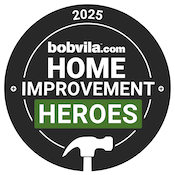 Home Improvement Heroes recognizes the best companies homeowners could call for a problem, project, or service. Our editorial team used a rigorous process to evaluate based on availability, skills, range of services, cost, customer reviews, guarantees, refund policy, customer support, and more. We then independently reviewed each company and hired some for our projects for consideration. See the full list of honorees.
Home Improvement Heroes recognizes the best companies homeowners could call for a problem, project, or service. Our editorial team used a rigorous process to evaluate based on availability, skills, range of services, cost, customer reviews, guarantees, refund policy, customer support, and more. We then independently reviewed each company and hired some for our projects for consideration. See the full list of honorees.
Runner-Up
CMR Construction & Roofing
Pros
- Specialty in repair after natural disasters
- Historic restoration services available
- Dedicated representative manages roofing project from inspection to completion
- 24/7 emergency service available
Cons
- Warranty information not available
Specs
- Service area: 32 states
- Booking: Online form or email
- Availability: Standard and emergency
- Additional services: Siding, gutters, windows, historic restoration
- Warranty: Not specified
Why It Made the Cut: With 24/7 emergency service, CMR Construction & Roofing specializes in disaster repairs, providing a single representative to oversee every step from inspection to payment. The company also provides services like siding, windows, gutters, and historic restoration.
CMR Construction & Roofing has roots as a roofing company offering repairs for storm damage and natural disasters. It still excels in this area but has expanded its services to also offer siding, gutters, and window installation and repair as well as historic restoration. Not all roofing companies are able to accommodate historic restorations, and customers with older homes may find that CMR is the right contractor to handle roof repairs using traditional materials and techniques.
CMR Construction & Roofing does not provide information regarding any warranty coverage that may be included with its services, so customers may need to contact a representative for more information. Clients can book appointments online or over the phone in 32 states across the U.S. The company also offers free inspections year-round with no obligation to hire.
Customers may appreciate the company’s 24/7 emergency services, knowing that a representative is only a phone call away no matter when they need immediate roofing repairs. Additionally, from inspection to completion, homeowners only have to work with one representative who can guide them through each step of the project, provide updates, and answer questions.
Best for Remodeling
Power Home Remodeling Group
Pros
- Custom solar panel installation services available
- Lifetime warranty on labor
- Convenient project tracking via web app
Cons
- Relatively small service area covering 19 states and Washington, D.C.
Specs
- Service area: 19 states and Washington, D.C.
- Booking: Online form or phone
- Availability: Standard
- Additional services: Siding, gutters, windows, doors, solar, insulation
- Warranty: Lifetime on labor, varying on materials
Why It Made the Cut: Power Home Remodeling Group offers a variety of services in addition to roofing, including solar panel installation, with a lifetime warranty on labor. The convenient app allows customers to manage all aspects of their projects in one place.
Power Home Remodeling Group is a great option for the homeowner looking to remodel their house’s exterior. In addition to roofing, Power Home Remodeling Group also offers siding, gutters, windows, doors, and insulation, and has a lifetime warranty on labor. The company can even install solar panels, which may be highly convenient for customers in need of both roof service and solar installation. These projects can be customized to the customer’s needs, and because panels are installed by roofing experts, homeowners may feel more confident that their solar energy system will be seamlessly incorporated into their home’s roof.
Clients can book online or over the phone for appointments in 19 states across the U.S and Washington, D.C. It’s also worth mentioning that Power Home Remodeling Group has an app called Project Pulse, where customers can access and manage all the details of their project. The web app even provides real-time project updates so customers can stay informed on how the job is progressing without needing to reach out to their contractor or a company representative.
Also Consider
Lowe’s
Pros
- Nationwide availability
- Financing available for qualified homeowners
- Background checks performed on all professional installers
Cons
- Work is contracted out to other local professionals
Specs
- Service area: 50 states and Washington, D.C.
- Booking: Online form or phone
- Availability: Standard
- Additional services: Whole-home repair and remodeling
- Warranty: 2 years on labor
Why It Made the Cut: Lowe’s works with skilled and vetted professionals who can help with roof installation and repairs coast to coast. It also offers financing to make roof repairs more financially manageable.
Lowe’s roofing services have standard availability nationwide at all Lowe’s locations. Customers may appreciate that the company offers financing for qualified homeowners for up to 120 months. This can make roof repair much easier to budget for than if customers were required to pay in full up front. Homeowners can book both online or over the phone, and they can also book whole-home repair and remodeling projects in addition to roofing services. Those who have more extensive home renovations in mind may find it convenient to go through Lowe’s to hire the various contractors needed to tackle their projects.
While Lowe’s contracts out installation to local pros, these installers have undergone thorough background checks and are licensed (where applicable) and insured. Lowe’s also provides a 2-year warranty on labor in case any issues arise after the project is completed. Clients can also access product expertise, as the professionals at Lowe’s can answer many questions homeowners might have.
Our Verdict
We recommend Aspen Contracting and CMR Construction & Roofing as our top two best picks for roofing installation and repairs. Both companies offer straightforward processes that allow clients to work with only one representative throughout the entire project, from inspection to completion. Homeowners can also book additional services, like siding and gutter services, in addition to roofing.
How We Chose the Best Roofing Companies
With so many roofing companies across the country, narrowing down the top picks required a close comparison of certain features and service offerings. As a first step, we looked at the service offerings each roofing company advertised, as well as the companies’ service areas. We paid special attention to niche offerings and availability. We focused on selecting companies that specialized in residential roofing services as opposed to commercial roofers.
Both warranties and licenses are vitally important considerations when choosing a roofing company, so that was a priority list item in our extensive research. We checked for companies with proper licenses, insurance, and bonding, and those who offered a long-term warranty that benefited the customer. We also analyzed each company’s reputation, length of time in business, financing options, and eco-friendliness.
Before You Hire One of the Best Roofing Companies
For homeowners who haven’t hired a roofing company before, there are a few important things to bear in mind before signing a contract. First, be completely honest and up front when discussing a project with a prospective roofer. These roofers are experts and will be able to quickly determine after an inspection if there are other roof issues that haven’t been discussed that will affect the scope of the project and may increase the price.
Additionally, condo associations and apartment complexes may have different regulations, requirements, and preferences than single-family homeowners, so for condo owners, it’s best to check with your homeowners association before putting money down.
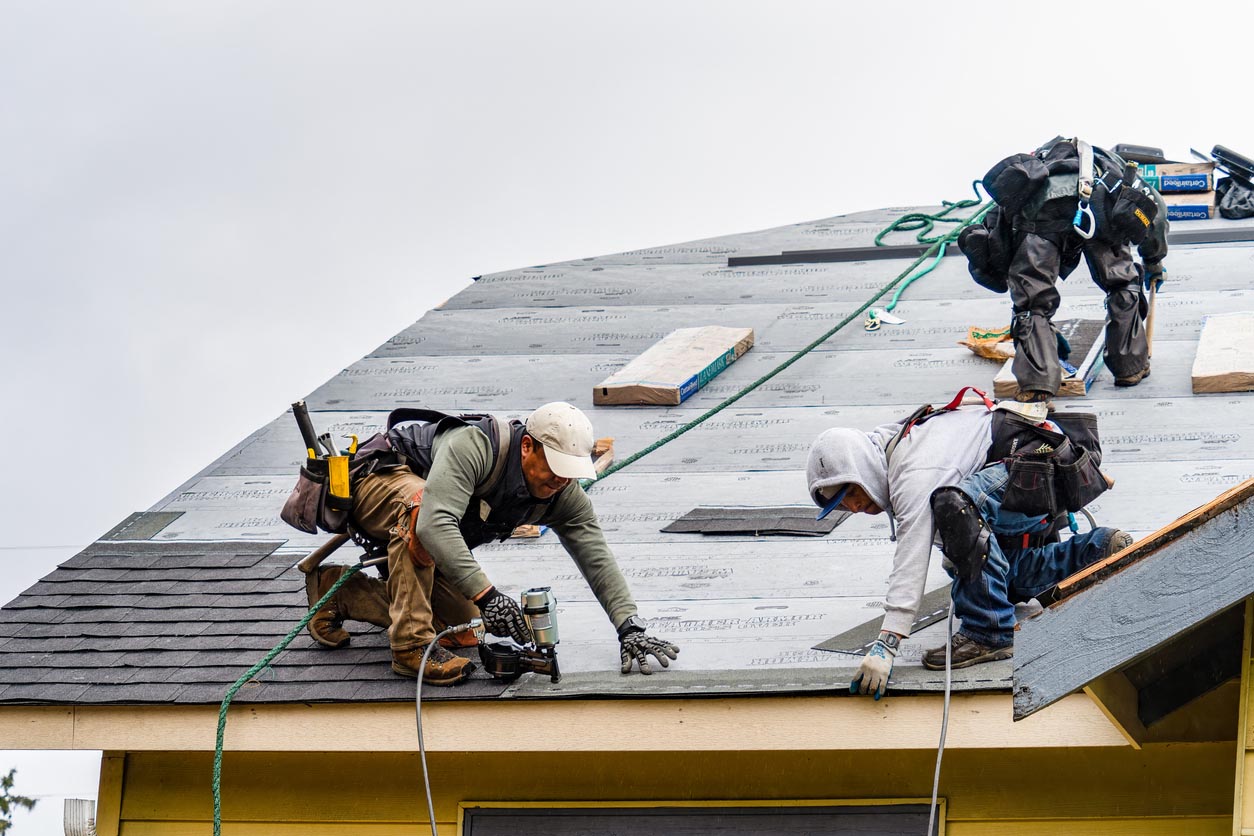
What to Consider When Hiring One of the Best Roofing Companies
When searching for the best roofing company, homeowners may want to weigh several considerations before making a decision. The following factors, including the company’s service area, booking processes, service offerings, and financing options, can all impact the job at hand.
Availability and Service Area
Before taking any other steps, homeowners will want to ensure their home falls within the service area of their preferred residential roofing contractor. They will also need to ensure that the professional is available to complete the job within the necessary timeline, particularly in emergency situations that require swifter action.
Generally speaking, larger companies will have a wider service area as well as greater overall availability, since they have more employees and may have multiple locations. Smaller companies or individual contractors may not have as wide a service area or may already be booked with appointments.
Regardless of the company’s size, however, working with a professional who is approachable and responsive will go a long way toward ensuring the job is done accurately and in a timely manner.
Booking, Inspection, and Consultation
Before any roofing repair job can start, an initial roof inspection and consultation must be scheduled. While most homeowners will be able to spot obvious signs of damage, a trained roofing professional can identify less-visible issues.
In addition to inspecting the roof itself, local roofing contractors will also look at the surrounding structures. These include (but are not limited to) interior walls and ceilings, flashing and vents, the chimney or any other penetrations, and attic ventilation.
Following the inspection, the roofing professional will review what they’ve found, then share their repair recommendations. They’ll fill customers in on what to do about a leaky roof, missing shingles, damaged flashing, and any other issues they discover. During this consultation period, homeowners can ask questions and learn about their options for the roofing job, both with respect to the work itself and logistics such as timeline and payments.
Additional Services
Some roofing companies also offer other home improvement services, such as window and siding installation, while others specialize solely in roofing repairs and replacements. The best company for the job will depend entirely on the scope of the project.
For example, if a home only needs its roof repaired, working with either a generalist or a specialist contractor will meet these requirements. However, if an entire exterior renovation needs to happen, it can be helpful to seek out one company that can complete the entire job rather than calling multiple professionals to tackle each part.
Financing
Like other home improvement projects, roof replacements and repairs can be a significant expense. Fortunately, there are multiple financing options for homeowners to take advantage of, depending on the scope of the job and their personal financial circumstances.
In some cases, a roofing repair job will be covered by homeowners insurance. However, this coverage is typically limited to acts of nature or other sudden accidental events rather than neglect or general wear and tear over time. If the repairs are not covered by insurance, homeowners may be able to pay with a home equity loan or home equity line of credit, or they can otherwise use a credit card or take out a personal loan.
Some residential and commercial roofing contractors will also offer flexible financing plans that allow for payment over time. While roof replacement companies may charge interest, this option can still be helpful for homeowners with lower credit scores or limited home equity.
Licensing, Insurance, and Bonding
Roofing experts must stay in compliance with various laws and regulations in order to legally practice their craft. This includes licensing, insurance, and bonding requirements. Specific license requirements will vary by state, but they typically include an examination, verifiable related experience, and proof of contractors insurance. This insurance protects both the homeowner and the roofing business in case of an adverse event.
Many good roofing companies, especially those working on commercial or other large-scale projects, will also be bonded. A surety bond is a legal contract that protects the homeowner against any monetary loss should the contractor fail to complete the project as agreed upon.
Warranty
Before scheduling any roofing construction job, it’s critical to understand how you are protected in the event of defective materials or shoddy workmanship. There are two main types of roofing warranties: manufacturers’ warranties and workmanship warranties.
The standard manufacturer’s warranty is a limited lifetime warranty that’s offered by most roofing shingle companies. While exact coverage can vary by manufacturer, most warranties will cover the cost of any defective materials; they may also cover some or all of the cost of replacement, prorated over time. Some companies also offer an optional extended manufacturer’s warranty, which provides additional length and breadth of coverage.
Separate from this is the workmanship warranty, which many reputable roofing experts will offer as a guarantee of the quality of their work. These warranties usually cover the cost of labor and materials required to make necessary repairs, but they typically exclude weather-related issues and other factors outside their control.
Residential vs. Commercial
Roofing requirements for a residential project will be different than those of a commercial one. Most notably, residential and commercial roofs differ in design and the roofing materials used to create them. For example, shingle roofs cost $9,000 on average and are most often used for private residences. On the other hand, a slate roof costs $13,926 on average and is used for both residential and commercial properties. Additionally, residential roofs tend to be smaller and more straightforward to work with than commercial roofs, which are larger and can require multiple layers.
When seeking out roofing experts, look for a professional whose skills align with the scope of the project at hand.
Cost of Hiring One of the Best Roofing Companies
The cost of hiring one of the best roofers varies by project scope, materials used, and location, but homeowners can expect some ranges when doing primary research. National data shows that $9,072 is the average cost to replace a roof, with most spending between $5,727 and $12,418. When repairs are possible, roof repair costs are considerably lower than the cost to replace a roof, with homeowners typically spending between $379 and $1,758. Unique or specialized projects may cost even more. For example, green roofs cost $22,000 on average to install.
Keep in mind that, like many home improvement services, a residential roofing company must charge for both labor and materials. Any supply chain issues may contribute to material shortages and delivery delays, so this may factor into the final price of a roofing job. Additionally, the roof material may impact prices. For instance, the cost of a tin roof vs. shingles may differ by several thousand dollars both for installation and repair.
The Advantages of Using One of the Best Roofing Companies
While repairing or replacing a roof is a daunting (and often expensive) task, the advantages of choosing one of the best roofing companies over a low-rated provider cannot be overstated. With one of the best roofing contractors, homeowners can trust the quality of the work done and expect professional, timely service.
Choosing one of the best roofing companies also means that the service is backed by years of experience and expertise by knowledgeable professionals who want the best for a homeowner’s roof. Hiring one of the best roofing companies to repair or replace a roof means getting the best roofing materials and not having to worry about if the roofing work is up to code.
Here are some other important advantages of hiring a top-rated roofing company:
- Homeowners can rely on the company to ensure the safety of those who inhabit the home.
- The roof will be up to all city and local building codes.
- The quality of work will ensure the roof lasts for its maximum estimated lifetime, barring any weather-related damage.
FAQs
Still need more information about hiring one of the best roofing companies in the USA? Here are the answers to some of the most frequently asked questions about roofing.
Depending on a homeowner’s location, the spring is usually the best time to get a roof replaced. Summer can be too hot, winter can be too cold, and while autumn’s temperatures are adequate, it’s often a busy time for contractors.
While homeowners may not give much thought to their roof on a day-to-day basis, there are certain clear signs that it’s time to replace a roof. Signs of disrepair include water damage upstairs or in an attic; a sagging roof; curling, buckling, or missing shingles; missing gutter guards; or moss or fungi that have started to invade.
While exact time estimates vary widely based on project scope, most roofing companies can replace a 1,200-square-foot home’s roof within 1 full day of work. Homes that have roofs with more square footage or roofs with ridges will take longer, but usually no more than 3 to 5 days of labor. The total amount of time will also depend on weather conditions.
The answer varies widely depending on the roofing repairs company chosen (as all roofing businesses are not required to offer a warranty or replacement), but most companies guarantee their work for at least 10 to 25 years. Roofing material manufacturers also offer warranties on the material used, even up to 30 years.
Yes, some roofing companies do offer partial replacement. However, homeowners attempting to replace half or a portion of their roof will most likely hear “Don’t do it” from professional roofers because it will make full replacement and other repairs much more difficult, can cause more leaks, and isn’t aesthetically pleasing.
